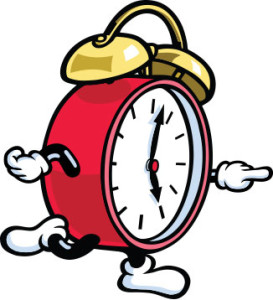 How patient do you consider yourself? Do you find a reservoir of patience for your child, your pet or your friends but none for traffic, food market lines, travel delays or the slow gait of an elderly relative?’
How patient do you consider yourself? Do you find a reservoir of patience for your child, your pet or your friends but none for traffic, food market lines, travel delays or the slow gait of an elderly relative?’
What about therapy? Did you enter therapy with an expectation of the time it would take to reach your goals…a few months…6 months…maximum of one year?
“How long do you think this will take?” is a question often asked in therapy. Who wouldn’t want to know? It is an important piece of information to have, both in terms of time and financial commitments. Insurance companies certainly want to know.
The process of psychotherapy can often feel like a snail’s pace. One week, you may leave with new ah ha insights and the next you may find yourself back in the muck of old self-limiting beliefs and patterns of self-destructive behaviors. Other times, you may feel completely stuck, neither moving forwards nor backwards.
In addition, the same insights, awareness and skills come up repeatedly during the course of therapy. Think about a child learning how to navigate stairs. Initially, they will climb up and down several steps, up and down, up and down, over and over and over until they master this new skill. Often doing, takes time to catch up with knowing. It takes time to internalize new ways of thinking and relating to others.
Therapists, who (hopefully) come with an abundant supply of patience for the therapeutic process, recognize that this is exactly as it should be. But understandably, clients can often feel disheartened, frustrated and sense that they are not making progress. At these intervals, it can be helpful for the therapist, using concrete and specific examples, to help clients see and compare where they were in the beginning of treatment, or even a few months ago, with where they are now along the continuum.
Through experience, therapists are able to hold the conviction for both themselves and their clients, that eventually, through commitment, work and patience, clients will be able to think, function and relate in new ways. Old wounds, suffering and disempowerment will be replaced with clarity, consciousness, self-compassion and worthiness.